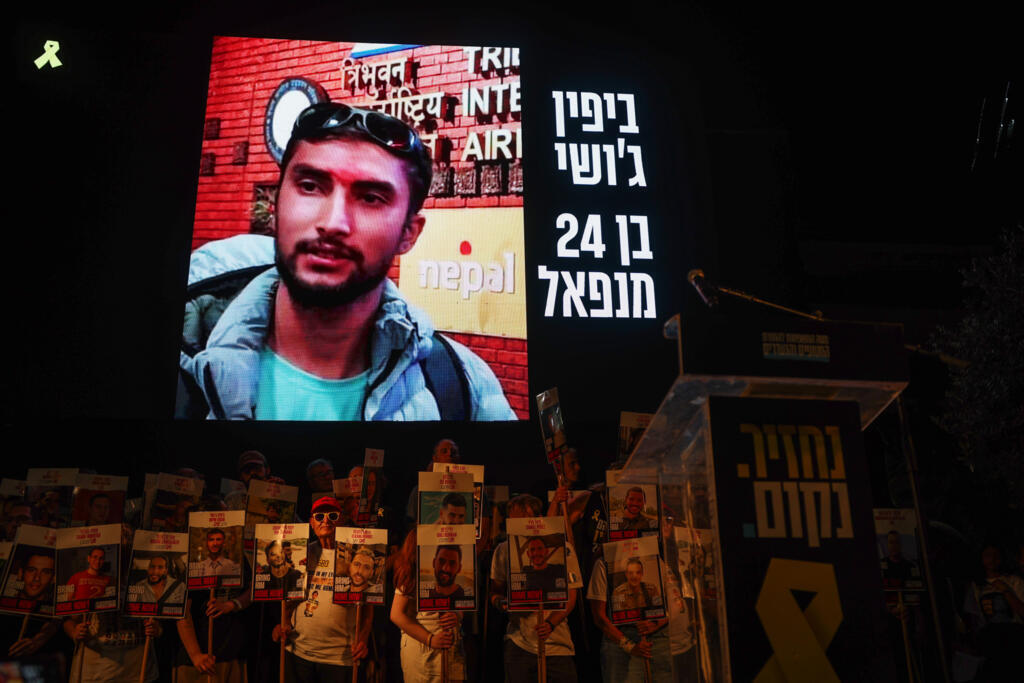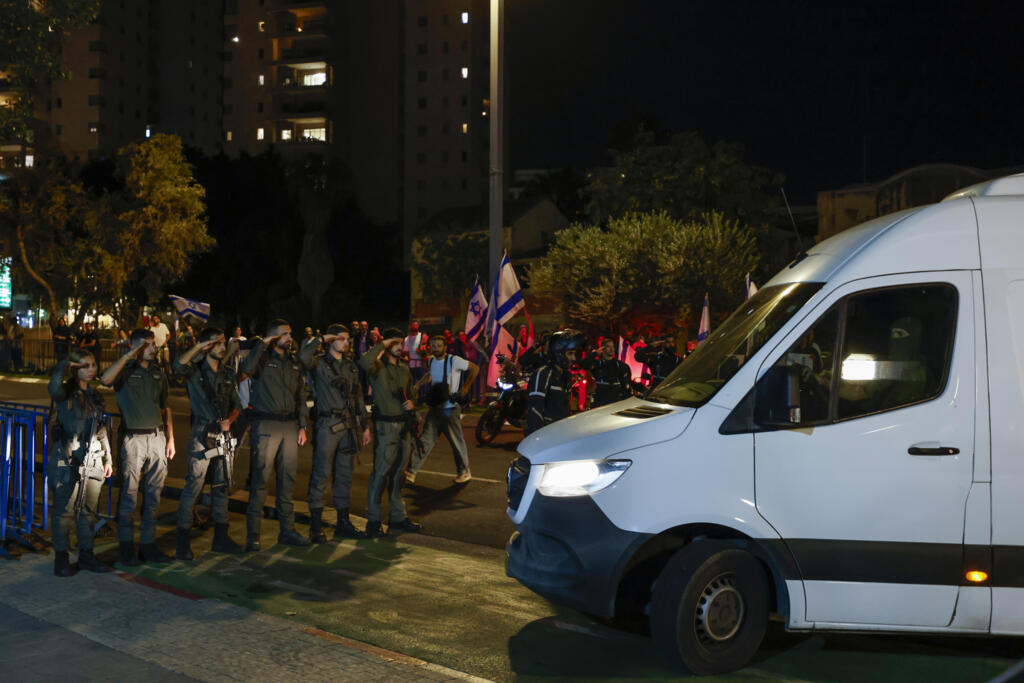Jerusalem – The Israeli military said Tuesday that the remains of four deceased hostages returned by Hamas have been identified, including those of a Nepalese student.
Separately, a Gaza hospital said it has received the bodies of 45 Palestinians that had been handed back by Israel, also as part of US President Donald Trump’s plan to end the Gaza war.
In a statement, the Israeli military named two of the victims as Guy Iluz, an Israeli national, and Bipin Joshi, an agriculture student from Nepal.
The names of the other two hostages have not yet been released at the request of their families, the statement added.
Iluz, who was 26 at the time of the attack, had been attending the Nova music festival when Hamas-led militants launched their assault on October 7, 2023.
He reportedly tried to flee the site in a jeep and later hid in a tree, from where he made his last contact with his parents before being captured and taken to the Gaza Strip.
The military said Iluz was injured and abducted alive by militants but later died of his injuries due to lack of medical treatment while in captivity.
It did not specify when he died, though his death was announced in December 2023.
Iluz had worked as a sound technician for famous Israeli musicians.
The military said the final causes of death for the four hostages will be determined following the completion of forensic examinations.
Joshi, who was 22 at the time of the attack, was part of a Nepalese agricultural training group that had arrived in Israel three weeks before the Hamas assault.
He was abducted from Kibbutz Alumim and was photographed sheltering with Thai workers shortly before militants reached the area.
“It is assessed that he was murdered in captivity during the first months of the war,” the military said.
‘Courageous’ student
Joshi’s Nepalese friend Himanchal Kattel, the group’s only survivor, told AFP that the attackers had thrown a grenade into the shelter, which Joshi caught and threw away before it exploded, saving Kattel’s life.
Joshi was a “courageous” student, his teacher Sushil Neupane said.

“We were deeply hoping that Bipin would return home. This news hurts us all… our hope has died,” he said.
Hamas returned the four bodies on Monday, following the release of all 20 surviving captives as part of the ceasefire deal brokered by Trump.
Meanwhile, the bodies of 45 Palestinians that had been in Israeli custody were handed over to the Nasser Medical Centre in Gaza, the hospital said.
Under the Trump deal, Israel was to turn over the bodies of 15 Palestinians for every deceased Israeli returned.
“The remains of 45 martyrs arrived at the hospital via the Red Cross,” the hospital said, adding that it was “part of the exchange agreement”.
Slow recovery
Palestinian militants are still holding the bodies of 24 hostages, which are expected to be returned under the terms of the ceasefire agreement.
“The return of Guy and Bipin… brings some measure of comfort to families who have lived with agonising uncertainty and doubt for over two years,” said the Hostages and Missing Families Forum, the main Israeli group campaigning for the release of all hostages.
“We will not rest until all 24 hostages are brought home,” it said.

As Israelis awaited the return of the remaining bodies, the hostages released on Monday were gradually recovering.
“They have been reunited with their families, undergone blood tests, preliminary examinations and are slowly gaining consciousness,” said Noa Eliakim Raz, director at Beilinson Hospital in Petah Tikva, where some of the surviving hostages are being treated.
“Being underground affects all the body’s systems,” she told journalists, adding that many hostages had experienced weight loss.
“There is no fixed timetable — each person is recovering at their own pace. It’s important that they heal slowly.”
Twins Ziv and Gali Berman, who were reunited on Monday, said they had been separated throughout their captivity and held in complete isolation, according to Channel 12.
The two, who were 28 when abducted, described enduring long periods of hunger, alternating with short intervals when they were better fed, the report said.



















